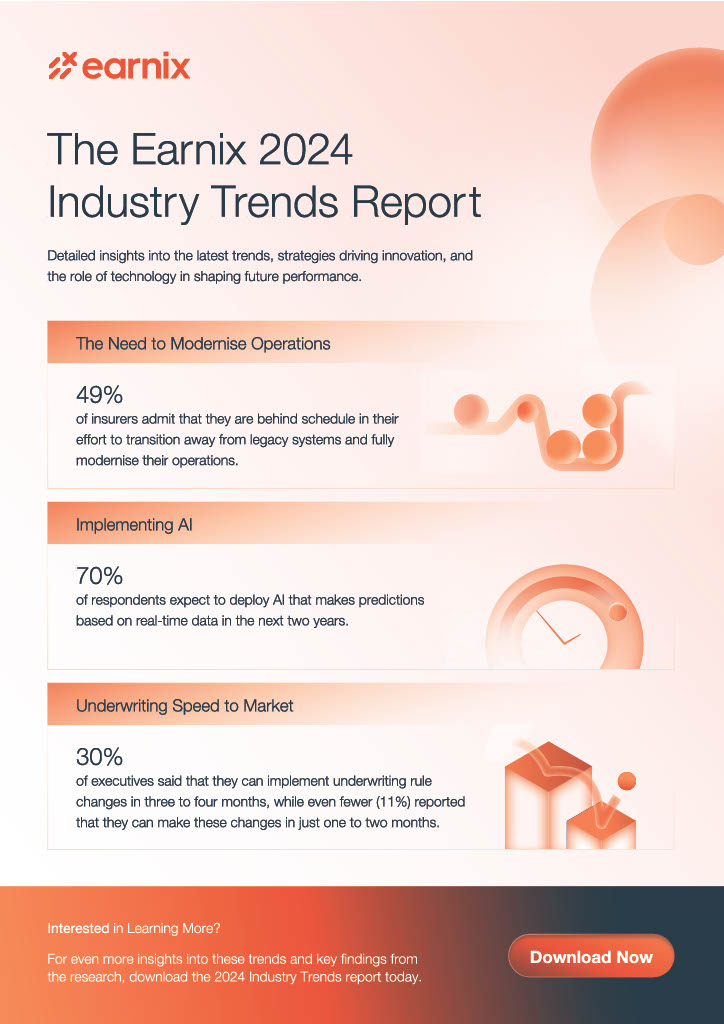Artificial intelligence (AI) is rapidly transforming industries, but its successful adoption depends on informed decision-making at the executive level. Viren Naidu, Chief Information Officer, Hollard Insurance, speaking at the COVER Innovators Network, highlighted the critical need to educate board members and executives about AI. His roadmap for AI literacy emphasises awareness, strategic alignment, and continuous learning to ensure organisations harness AI’s potential effectively.

Why AI Education for Executives Matters – Viren began by recounting the evolution of executive perceptions of AI, using the advent of ChatGPT in 2020 as a case study. Initially seen as a novelty—generating recipes from ingredients—it quickly sparked concerns about security and appropriate use. This shift illustrates a key point: as executives deepen their understanding of AI, they ask better questions, enabling more informed and strategic decisions.
For organisations, the stakes are high. A lack of understanding at the leadership level can lead to poorly conceived AI initiatives that fail to deliver value. Without a deep enough understanding of AI, there is a risk that companies will spend time and money implementing solutions that will not add any value to the organisation. By educating executives, companies can ensure their AI strategies are built on a strong foundation.

The Earnix 2024
Industry Trends Report
Detailed insights into the latest trends, strategies driving innovation, and the role of technology in shaping future performance.
Interested in Learning More?
For even more insights into these trends and key findings from the research, download the 2024 Industry Trends report today.
To effectively guide their organisations, executives need a fundamental grasp of AI, its capabilities, and its limitations. Viren outlined three core areas of knowledge:
- Basics of AI: Understanding different types of AI, their applications, and their limitations helps demystify the technology. AI is not a magic wand; it is a tool that requires careful planning and implementation.
- Ethics and IT Security: Executives must be aware of the ethical implications of AI, such as bias in algorithms and privacy concerns. This understanding is critical for making decisions that align with organisational values and regulatory requirements.
- Practical Applications: Leaders need to identify where AI can add value within their organisation, balancing innovation with risk management. They play a pivotal role in defining acceptable risks and setting clear boundaries for AI implementation.
The Role of Executives in AI Strategy – Executives are not expected to be technical experts, but they are crucial in shaping AI strategy. According to Viren, their responsibilities include:
- Creating Guardrails: Establishing rules and frameworks for AI use ensures that innovation occurs within safe and ethical boundaries.
- Risk Management: Leaders must assess potential risks—both reputational and operational—and develop strategies to mitigate them.
- Use Case Identification: Collaborating with technology teams to pinpoint areas where AI can drive the most value. This two-way dialogue is essential for aligning AI initiatives with business goals.
To build AI literacy among executives, Viren proposed a high-level roadmap with four key stages:
- Awareness: Start by introducing executives to the basics of AI, including its capabilities, types, and potential applications. This foundational knowledge sets the stage for deeper discussions.
- Deep Dive: Explore ethical considerations, security implications, and how AI can address specific business challenges. This phase helps executives understand the nuances of AI deployment.
- Collaborative Planning: Engage in strategic discussions to identify priority use cases and avoid misaligned investments. This collaboration ensures that AI initiatives are both feasible and impactful.
- Continuous Training: AI is a rapidly evolving field. Regular updates and training sessions are essential to keep executives informed about new developments and emerging opportunities.
This cyclical approach fosters a culture of continuous learning, ensuring that AI strategies remain relevant and effective over time.
The Benefits of Informed Leadership – Educating executives about AI offers several tangible benefits:
- Strategic Alignment: With a solid understanding of AI, executives can make decisions that align with the organisation’s long-term goals. This reduces the risk of pursuing technology for its own sake and ensures that investments drive meaningful outcomes.
- Risk Mitigation: Awareness of ethical and security concerns enables leaders to implement AI solutions responsibly, protecting the organisation from reputational and operational damage.
- Competitive Advantage: By strategically adopting AI, organisations can enhance their efficiency, innovate faster, and gain an edge in the market.
Shifting from Reactive to Strategic Decision-Making – Viren concluded with a powerful message: AI-literate executives make the difference between reactive decision-making and strategic growth. In a rapidly changing technological landscape, being proactive is essential. Executives must prioritise strategic planning, leveraging AI to create value rather than reacting to trends.
By following Viren’s roadmap, organisations can equip their leadership teams with the knowledge and tools they need to navigate the complexities of AI. This investment in education is not just about understanding technology—it’s about ensuring that AI becomes a catalyst for innovation, growth, and competitive success.

